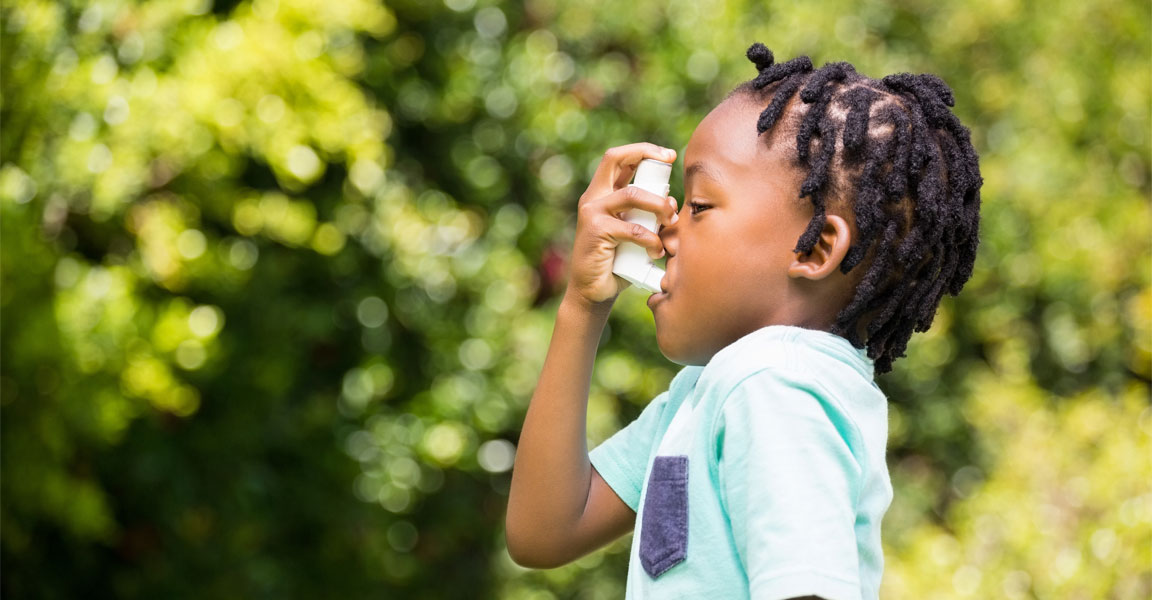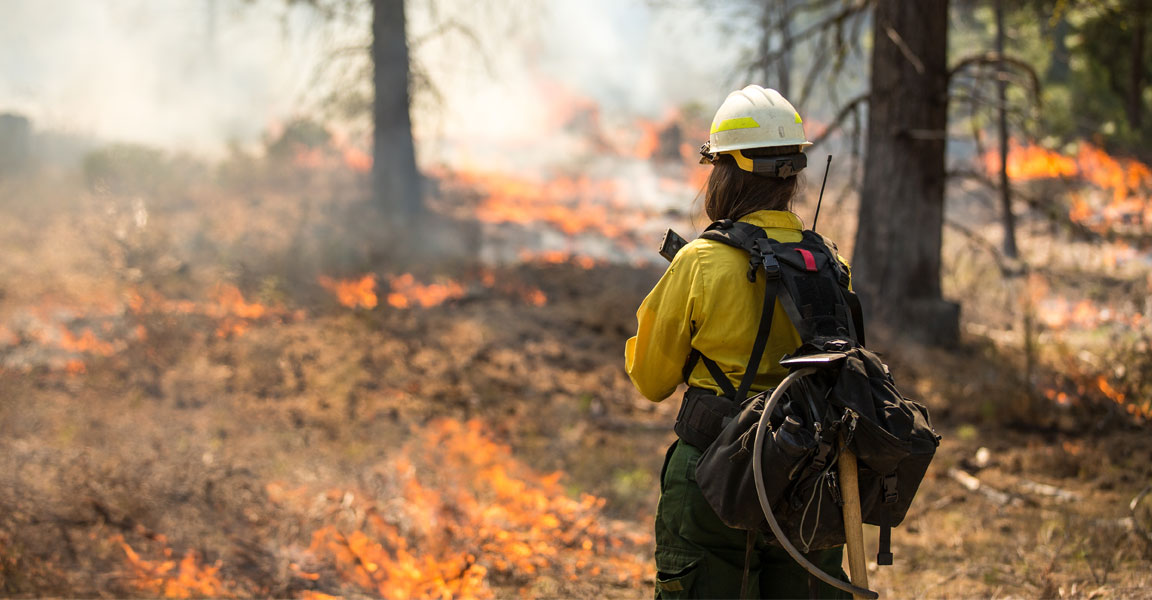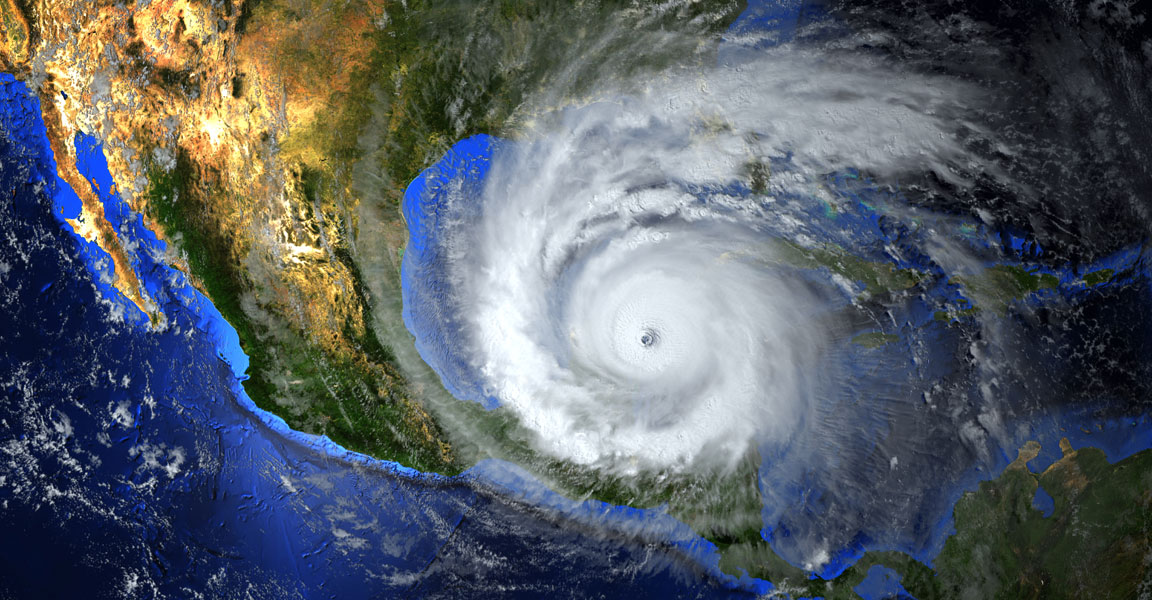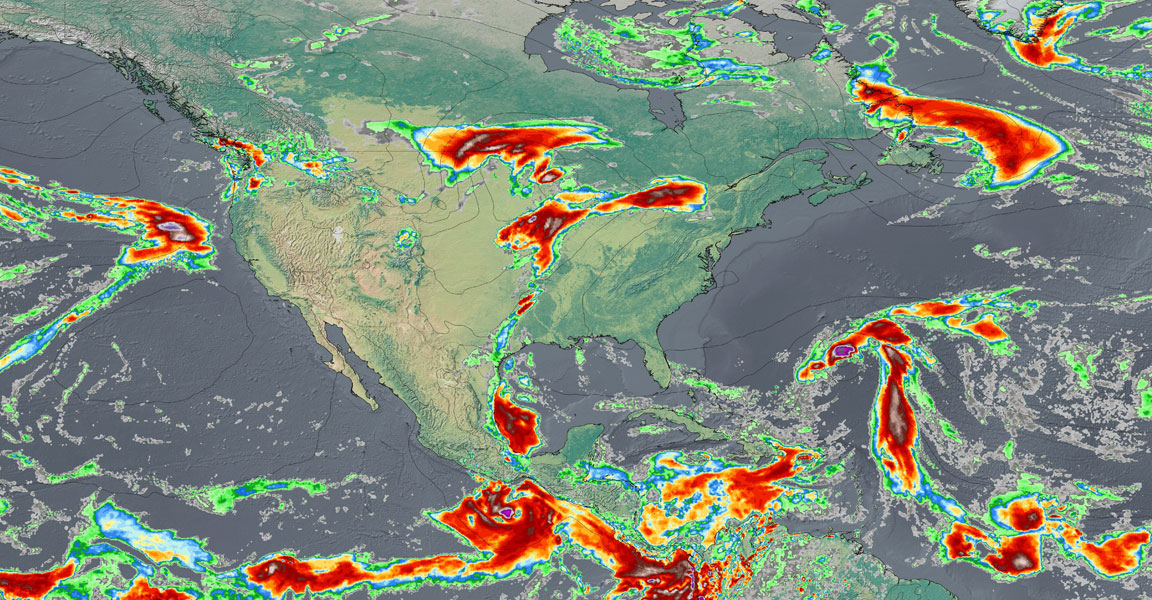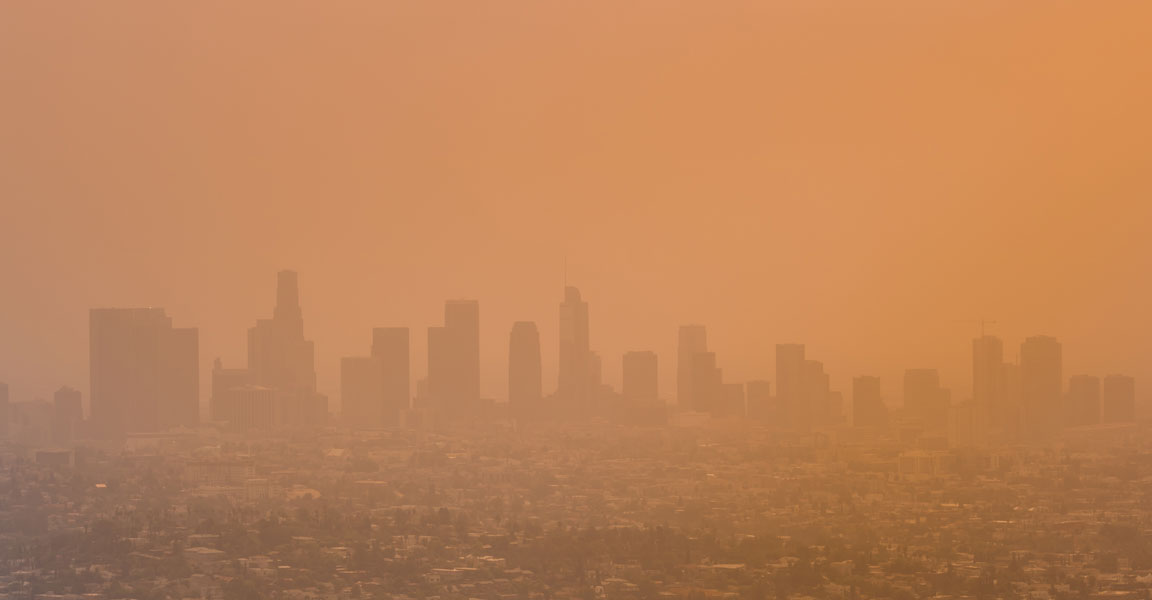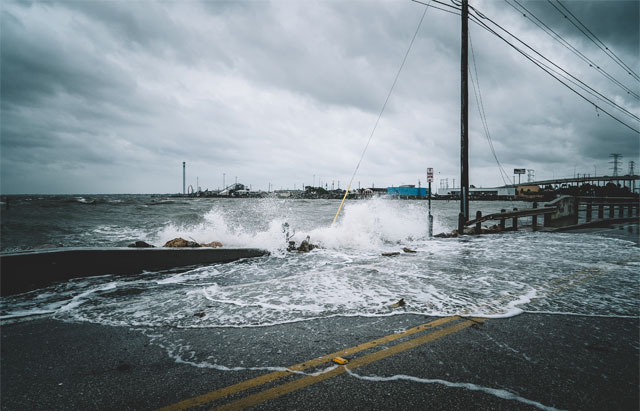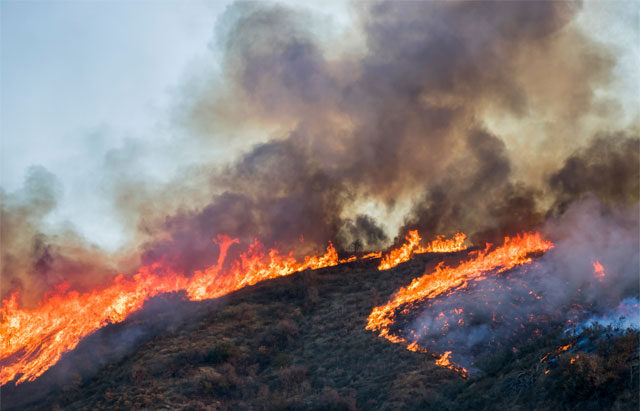Innovative Research, Tackling Extreme Weather-Related Health Challenges
Environmental events have profound effects on human health. From increasing the frequency and intensity of extreme weather events like wildfires, extreme temperatures, and storms to altering patterns of infectious diseases and degrading air and water quality, extreme weather events have a wide range of health hazards. Vulnerable populations—such as children, pregnant persons, older adults, veterans, and communities with limited resources—are disproportionately impacted by these hazards, often experiencing greater health risks and consequences of exposures. Understanding and addressing extreme weather-related health disparities are critical to adapting and mitigating the many impacts of environmental events on health.
Key Areas
At DLH’s Extreme Weather & Health Innovation Center, we specialize in environmental epidemiology and exposure science, providing expert research support and services to address the complex impacts of extreme weather events on health. Our team helps clients navigate the challenges of data collection, management, and analysis, including identifying relevant data sources and exposure metrics, harmonizing disparate datasets, and performing robust analyses. With extensive experience in study design, complex analyses, and research translation, we are uniquely positioned to assist our partners—researchers, policymakers, and communities—in examining the intricate connections between extreme weather-related exposures and health, focusing on both individual and multiple exposures, as well as identifying populations most at risk.
DLH scientists explore a range of extreme weather-related health issues, including:
Air Pollution & Cancer
Disasters & Mental Health
Wildfires & Respiratory Health
Extreme Heat & Cardiovascular Health
Extreme Weather & Child and Maternal Health
Considerations for Vulnerable Populations
About Us
The Center strives to improve health outcomes worldwide by pioneering evidence-driven solutions that help populations in a wide variety of contexts effectively mitigate and adapt to the impacts of extreme weather-related exposures, fostering resilience and safeguarding communities against future challenges.
With DLH’s Extreme Weather & Health Innovation Center we:
- Leverage our scientific expertise and advanced analytical methods to drive the development of innovative technological solutions that improve our understanding of the complex health challenges posed by environmental events.
- Conduct rigorous research to produce robust scientific evidence about extreme weather and health using innovative scientific methods, tools and processes.
- Disseminate evidence-based research insights to inform and support the development of strategies that empower our clients and partners, scientific collaborators, and communities to prepare for, adapt to, and mitigate extreme weather-related health impacts.
Services and Capabilities
Services
- Product Development & New Technologies: We design, implement, and manage reproducible data and analysis infrastructure systems tailored to meet complex research needs. Our team creates flexible, evidence-driven research solutions, analytical frameworks, and “low-code” tools capable of rapidly computing and comparing innovative health-relevant exposure metrics.
- Comprehensive Research Services: We offer full-service research support throughout the entire project lifecycle, from design to implementation and analysis. Our expertise in observational studies and data linkages allows us to address complex health questions, especially those related to extreme weather impacts. Using AI and machine learning, we streamline research and provide actionable insights.
- Bridging Research, Policy, and Practice: Our team brings extensive practical experience, enabling us to interpret and apply research findings to address real-world challenges. We identify and implement strategies that empower communities, inform policy, and drive meaningful change through a comprehensive mixed-methods approach. We deliver tailored policy and practice outputs for a broad spectrum of clients, including federal and state governments, industry partners, foundations, and academic institutions.
Capabilities
Our scientific expertise spans a wide array of methodologies, including the following:
Epidemiological Studies
Geospatial Analysis
Database Creation/Management
Survey Research
Field Studies
Longitudinal Studies
Qualitative Methods
Mixed Methods
Systematic Reviews
Formative Research
Our Team
Jacqui Barkoski, PhD, MPH
Lead Environmental Epidemiologist
Extreme Weather & Health Scientific Lead
W. Braxton Jackson II, MPH
Director Data Science, Analytics and Management
Extreme Weather & Health Operational Lead
Maggie Schmitt, MPH
Qualitative Researcher/Health Communications Specialist
Select Scientific Articles
Lawrence, K. G., Sweeney, M. R., Werder, E. J., Zuzak, C., Gall, M., Emrich, C. T., Cochran, F. V., Deng, X., Christenbury, K. E., Buller, I. D., Jackson II, W. B., Engel, L. S., & Sandler, D. P. (2024). Residential natural hazard risk and mental health effects. American Journal of Epidemiology, kwae200. https://doi.org/10.1093/aje/kwae200
Barkoski, J., Van Fleet, E., Liu, A., Ramsey, S., Kwok, R. K., & Miller, A. K. (2024). Data linkages for wildfire exposures and human health studies: A scoping review. GeoHealth, 8, e2023GH000991. https://doi.org/10.1029/2023GH000991
Alhasan, D. M., Larson, G., Lohman, M. C., Cai, B., LaPorte, F. B., Miller, M. C., Jackson II, W. B., MacNell, N. S., Hirsch, J. A., & Jackson, C. L. (2024). Features of the physical and social neighborhood environment and neighborhood-level Alzheimer’s disease and related dementia in South Carolina. Environmental Health Perspectives, 132(2), 027013. https://doi.org/10.1289/EHP13183
White A. J., Fisher J. A., Sweeney M. R., Freedman N. D., Kaufman J. D., Silverman D. T., Jones R. R. (2024). Ambient fine particulate matter and breast cancer incidence in a large prospective US cohort. J Natl Cancer Inst., 116(1), 53-60. https://doi.org/10.1093/jnci/djad170
Hu, M. D., Lawrence, K. G., Gall, M., Emrich, C. T., Bodkin, M. R., Jackson II, W. B., MacNell, N. S., Kwok, R. K., Engel, L. S., & Sandler, D. P. (2021). Natural hazards and mental health among US Gulf Coast residents. J Expo Sci Environ Epidemiol., 31(5), 842-851. https://doi.org/10.1038/s41370-021-00301-z
Select Conference Presentations
Ish, J. L., Lawrence, K. G., Buller, I. D., MacNell, M. S., Jones, A. J., Sandler, D. P., & White, A. J. Heat exposure and breast cancer risk in the Sister Study. Thirty-sixth annual conference of the International Society for Environmental Epidemiology (ISEE); August 25-28, 2024; Santiago, Chile.
Liu, A., Ramsey, S., Van Fleet, A., Barkoski, J., & Miller, A. Data Linkages for Wildfire Exposures and Human Health Studies: A Scoping Review. Presented at American Geophysical Union (AGU) Meeting; December 11, 2023; San Francisco, CA.
Other Tools, Reports and Resources
The Rapid Acquisition of Pre- and Post-Incident Disaster Data (RAPIDD) Protocol Designer
In collaboration with National Institute for Environmental Health Sciences, DLH supported the development of this open-access resource that helps researchers quickly develop and implement research protocols in the aftermath of disasters or public health emergencies. Visit the NIEHS Disaster Research Response (DR2) website to view the tool here.

